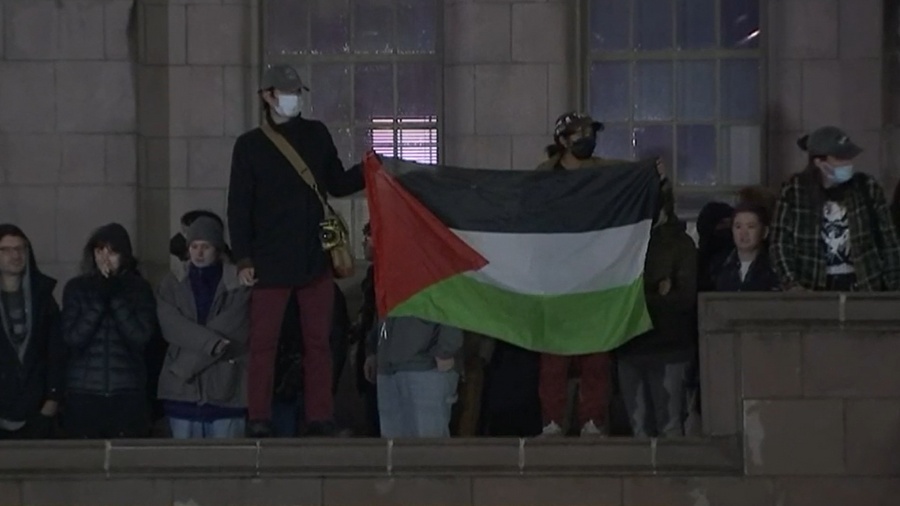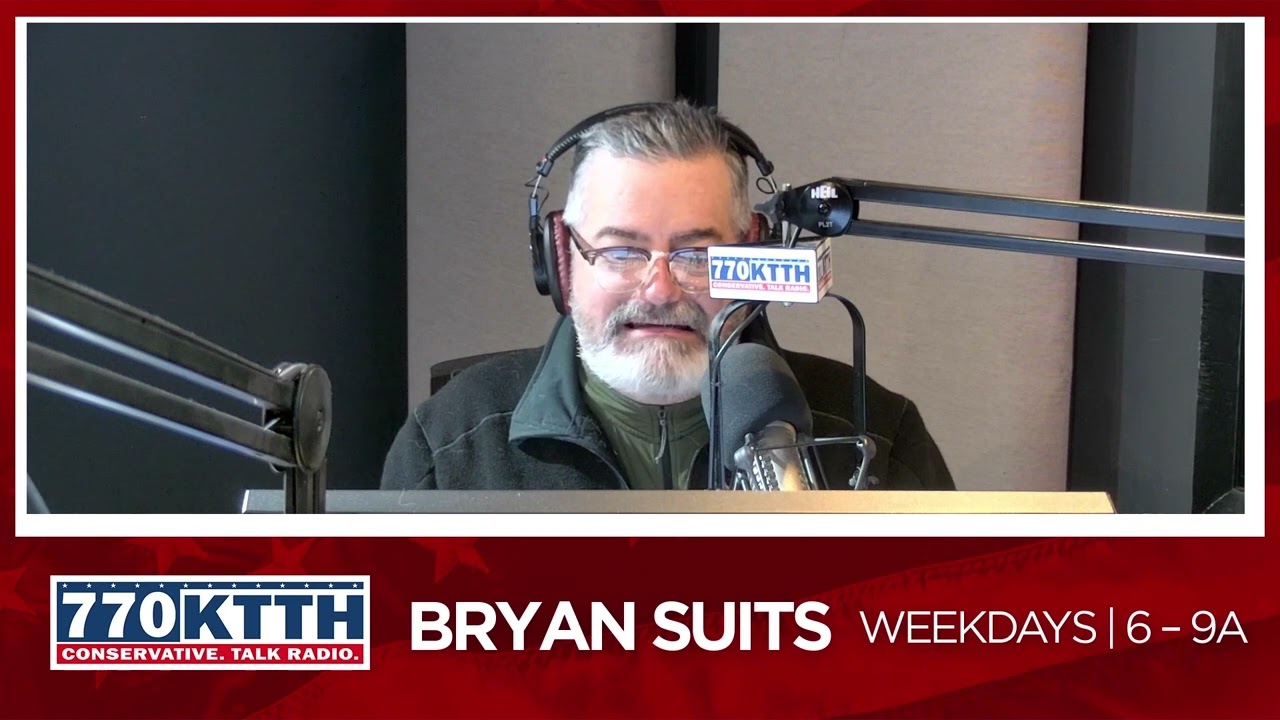Medved: Faith and doubt can increasingly co-exist
Jun 8, 2023, 10:03 AM | Updated: 10:13 am

A woman prays at the St. Agnes Cathedral in Rockville Center, New York. (Photo by Al Bello/Getty Images)
(Photo by Al Bello/Getty Images)
With all the animosity and arguments currently tearing at our country, are Americans increasingly confused about fundamental questions of faith?
Recent figures gathered for the authoritative General Social Survey by the University of Chicago indicate that overwhelming majorities of our fellow citizens still say prayers regularly and believe in an afterlife that follows our earthly experience.
John & Shari: Why are people turning away from organized religion?
At the same time, firm belief in God’s very existence has declined dramatically. A recent report in The Hill, based on GSS numbers, begins with the stark, startling, but somewhat misleading declaration: “Only half of Americans now say they are sure God exists.”
This contrasts with 2008, when “the share of sure-believers topped 60%,” and nearly two-thirds of respondents agreed with the statement that “they know God exists and have no doubts.”
This unmistakable trend away from faith-based certainty might lead observers to conclude that religious conviction is either dead or dying in the United States, but other figures from the same study undermine that conclusion. The General Social Survey shows that only a small minority (7% of all adults) describe themselves as “atheists” and embrace the unequivocal statement that “they do not believe in God.”
In other words, if 50% of the country says “they know God exists and have no doubts” and only 7% of the populace denies God’s existence altogether, then religious sentiments still win by a landslide in the nation at large.
And what about the “in-between” approaches that manage, somehow, to combine elements of faith and doubt?
The GSS shows 16% who “believe in God but have doubts,” 6% who say they believe in God “sometimes,” and 14% who recognize the existence of “some higher power” but decline to identify it in traditional theological terms.
Combining these self-identified categories, they amount to more than one-third of all Americans (36%) who are inclined to acknowledge an almighty force that controls our lives and the universe, thereby combining elements of faith with some underlying questions about its precise nature. Many of these middle-of-the-roaders more closely resemble the religious no-doubters far more closely than they fit with outnumbered atheists and agnostics.
The data indicate, for example, nearly three-quarters of the population say they believe in life after death, and “that number has remained relatively stable over the decades.” As Professor Ryan Burge, a political scientist at Eastern Illinois University, aptly notes: “Belief is very stubborn in America today.”
The habit of prayer remains amazingly widespread –a total of 67% of respondents say they pray once a week or more. This means that many of those who feel an intimate impulse to address God regularly with their entreaties may still harbor doubts as to whether those prayers are ultimately answered or even heard.
I recognize this pattern because I have lived it, personally, for most of the years of my adulthood. Yes, I recite traditional Jewish prayers every morning and every night before sleep and walk to our Orthodox synagogue each Saturday morning and on major holidays to participate in worship services.
Our congregation is full of people, our friends and neighbors, who feel enough faith to honor similar commitments but wouldn’t necessarily agree with the survey statement that we “have no doubts” about God.
Why, then, would it make sense for anyone to go through considerable effort and inconvenience to follow religious rules if you remain in any way uncertain about their source? For me, and for many other religiously involved Americans, the obvious answer concerns the value of the rules themselves as a pattern for healthy living.
Yes, one can sustain persistent questions about what, exactly, God wants of us, at the same time that your own experience makes you certain about a system of behavior that’s good for you. In that context, there are tens of millions who pray regularly but still may tell pollsters they “believe in God but have doubts.”
This tension relates to an 85-page advisory released last month by the Surgeon General of the United States, Vivek Murthy, who focused on loneliness as a new public health epidemic. The report showed that more than half of Americans are chronically lonely and suffering devastating health effects from social isolation, including heart disease, dementia, stroke, anxiety, and depression.
More from Michael Medved: An ancient antidote to the new plague of loneliness
If nothing else, participating in communal worship provides an age-old, time-tested antidote to this current plague. Beyond theological arguments or differences in religious outlook, the idea of coming together to express gratitude for the blessings we share helps to promote a sense of common purpose and connection.
The deep significance of such faith communities helps to explain the most surprising inclusion in the Biblical formulation of the Ten Commandments. The Fourth Commandment (in most enumerations) tells humanity to “remember” and to “guard” the Sabbath day as one of the most meaningful and imperative aspects of human behavior.
The purpose, according to sages of every tradition, is not just for people to thereby draw closer to God but also to build deeper and more durable connections with one another. With shared meals, along with celebrations in both homes and houses of worship, those who honor Sabbatarian traditions can tell you how effectively this ancient pattern still works. Doubters and deniers don’t ruin a festive Sabbath meal and can, instead, enrich it.
In the same context, the United States remains a deeply and broadly religious country, with only a small segment of the populace (19%) saying they claim no religion. According to the Pew Research Center, other wealthy nations considered our peers show numbers on religious disengagement that are significantly higher – such as 26% in Germany, 31% in Britain, 32% in France, 52% in China, and 60% in Japan. The vigor and resilience of American religiosity relate directly to the diversity of expressions of faith and the range of options available, even for doubters, in America.
With the common phenomena of faith and doubt co-existing in the same community or even inside the same household, the idea that a multiplicity of attitudes should flourish in the same country is a reassuring sign of health and well-being, not decadence and doom.
Listen to Michael Medved weekday afternoons from 12 – 3 p.m. on KTTH 770 AM (or HD Radio 97.3 FM HD-Channel 3).













